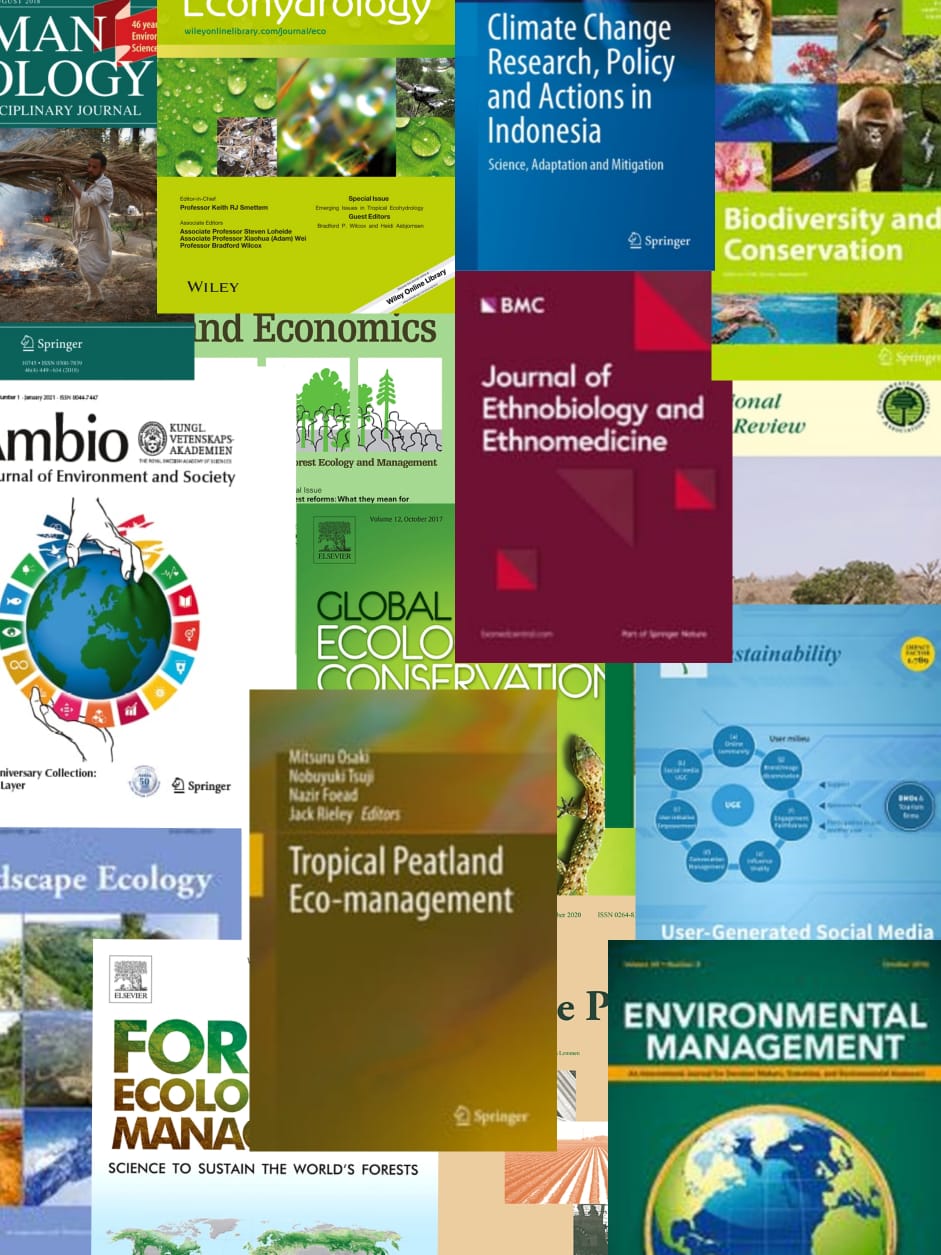Thailand rosewood (Dalbergia cochinchinensis) is a vulnerable high value tree species in subtropical and tropical Southeast Asia. The demand for the rehabilitation of the natural habitat of the species requires high-quality seedlings. However, current fertilizer regimes tend to deliver a coarse rate of fertilizers that result in a low uptake efficiency and a high risk of nutrient excess. Exponential fertilization is an effective approach to promote seedling quality through identifying an optimum dose out of a range of applications. In this study, Thailand rosewood seedlings were cultured in a mixed substrate of perlite, vermiculite, and peat (2:2:3, v/v/v) and received exponential fertilization from 0 (control), through 100, 200, 300, 400, and 600 mg nitrogen (N) per plant over a four-month cultural rotation. Height, diameter, and shoot biomass increased with fertilizer rate and were maximized at 300 mg N per plant. This application also reduced nutrient deficiencies and avoided excess supply compared to higher rates. Polysaccharide, proline, and anti-oxidation enzyme activities tended to be greater in unfertilized controls or in over-fertilized high dosages, with lower activities around 100–300 mg N plant−1. Application of 300 mg N per plant was identified as the optimum dosage as it maximized nutrient reserves, polysaccharide and proline contents, and anti-oxidants without causing any symptoms from excess fertilizer toxicity. Future work is required to identify the effects of N-fixation on the formation of nutritional reserves in Thailand rosewood seedlings subjected to exponential fertilization.
View source

